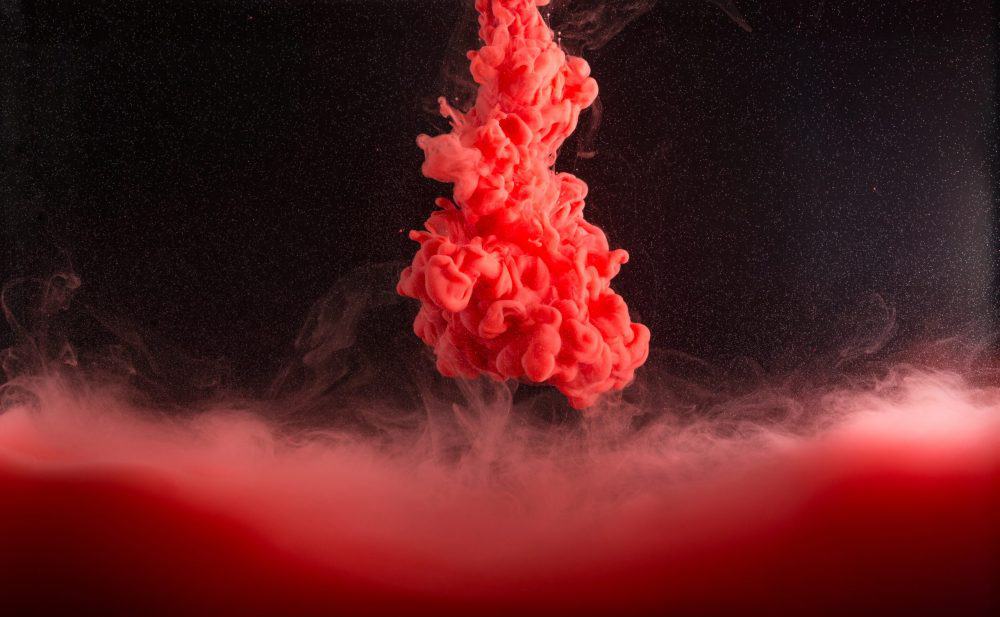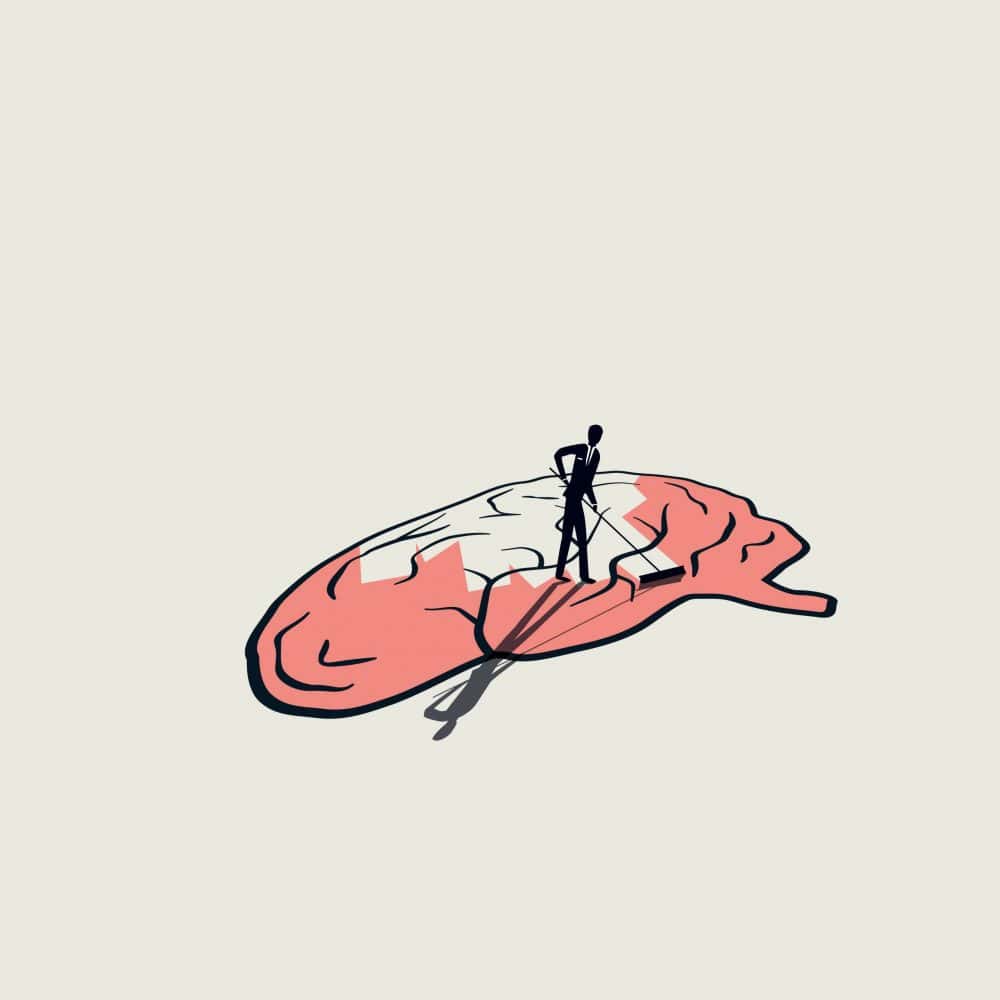Drugs Don't Cause Addiction
Posted on March 19, 2021
by Thaddeus Camlin, PsyD
Saying drugs cause addiction is like saying clouds cause tornadoes. Tornadoes are caused by a complex combination of factors including warm, moist air, changes in wind direction and speed, and an unstable atmosphere decreasing in temperature rapidly with height. Similarly, addiction is caused by a complex combination of factors, not drugs themselves. Let us not forget, drugs are not even a necessary component of addiction, as addictive behaviors manifest in the absence of drugs with process addictions like gambling, video games, sex, food, social media, work, etc. Just like tornadoes require an unstable atmosphere, addictions invariably grow from unstable, often traumatic environmental conditions. Clouds don’t cause tornadoes, drugs don’t cause addictio...
full story










